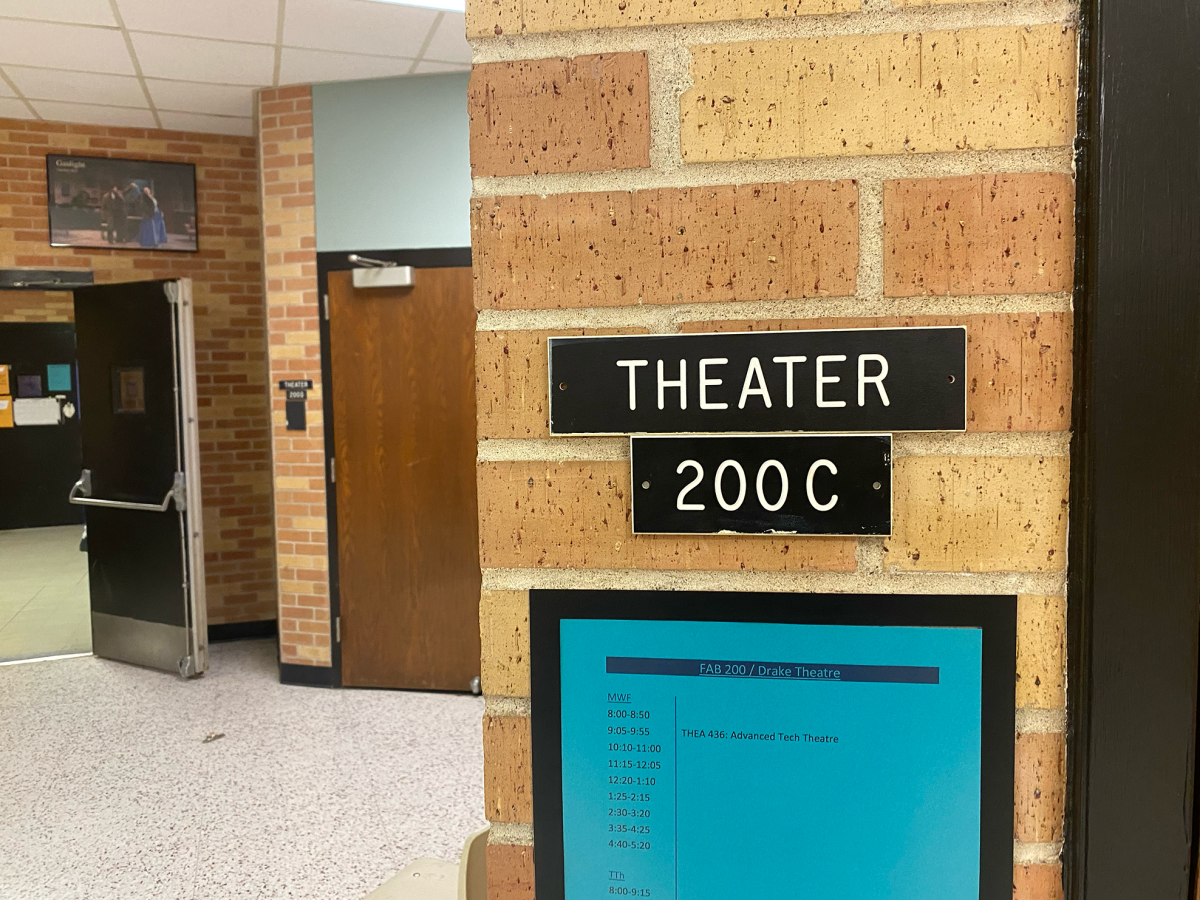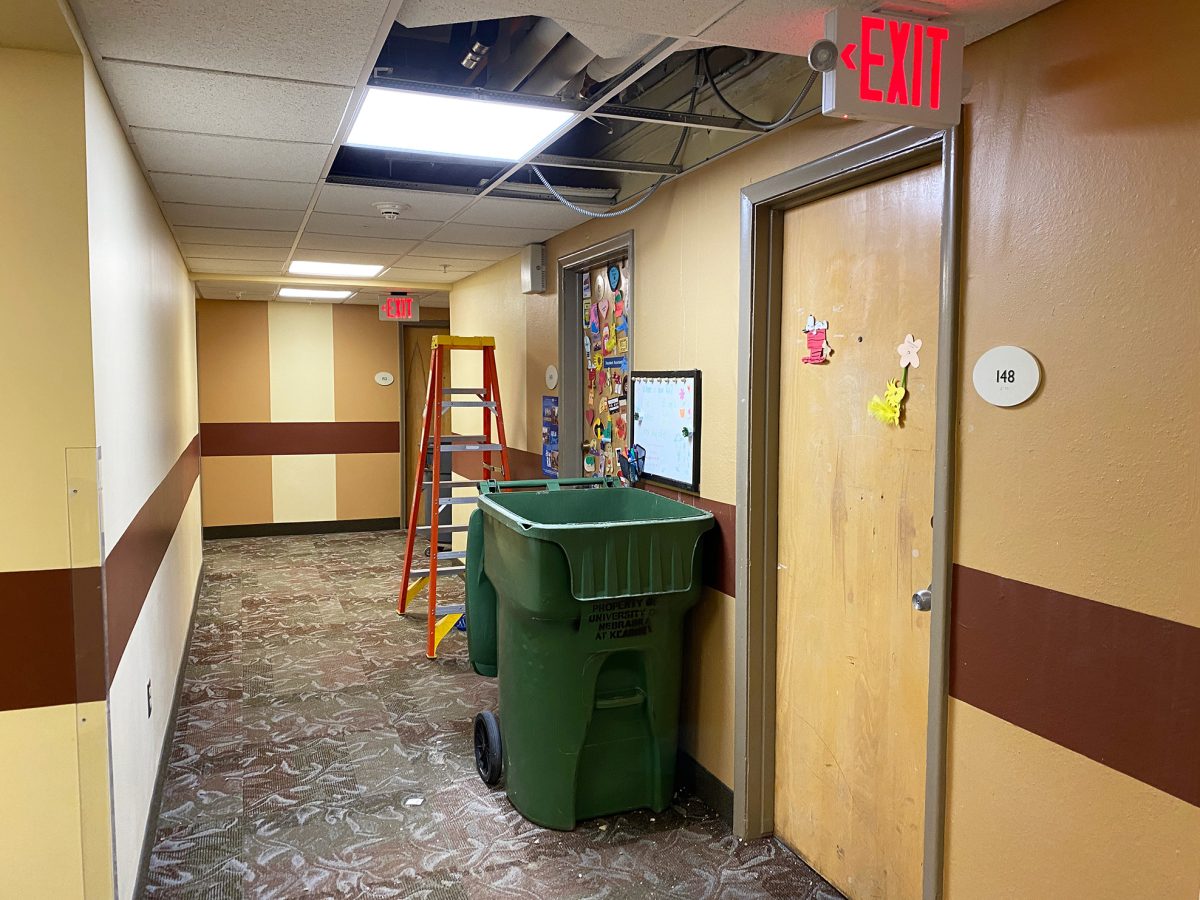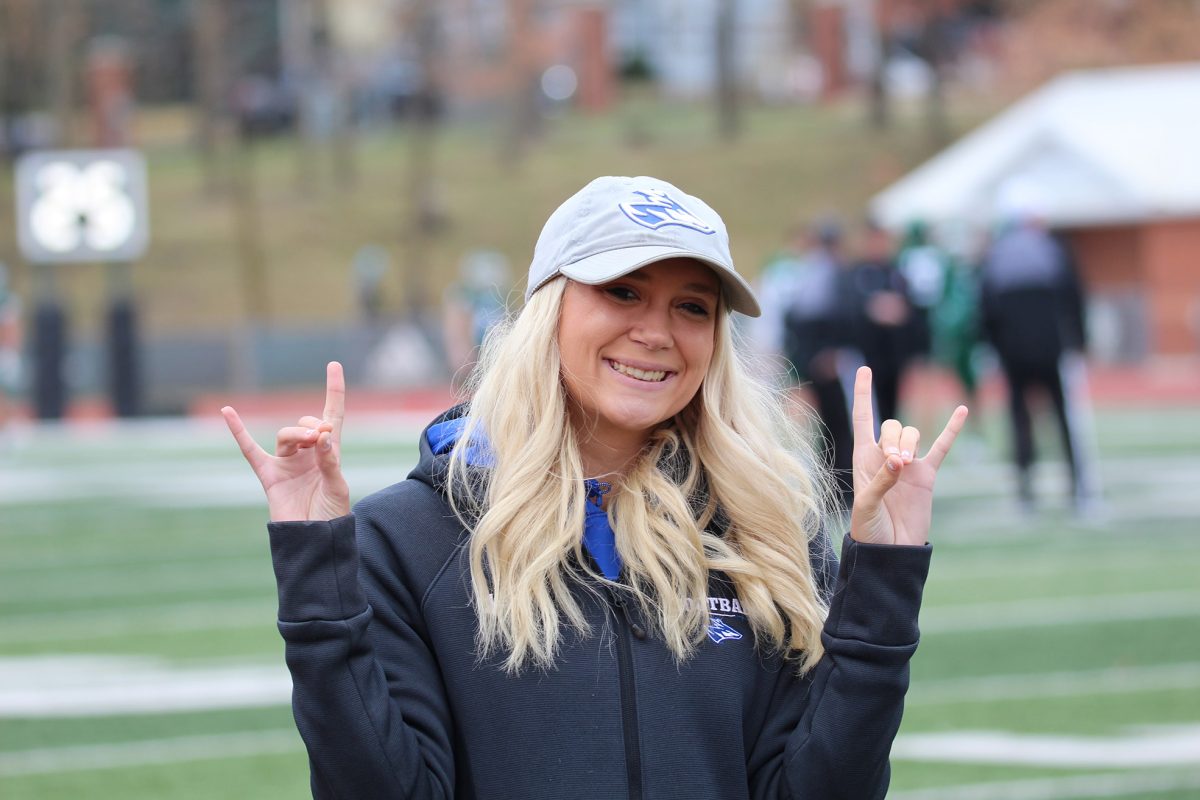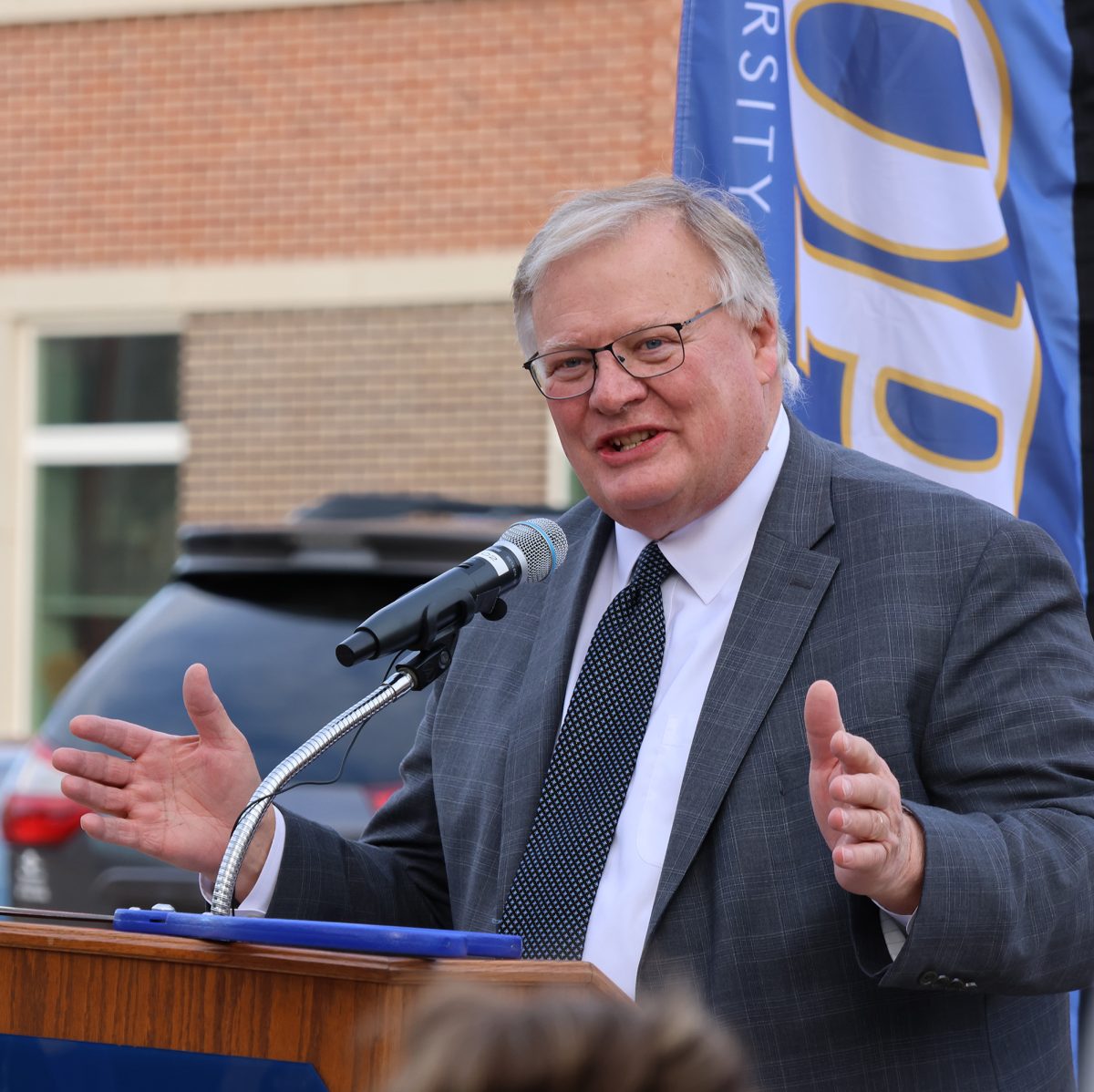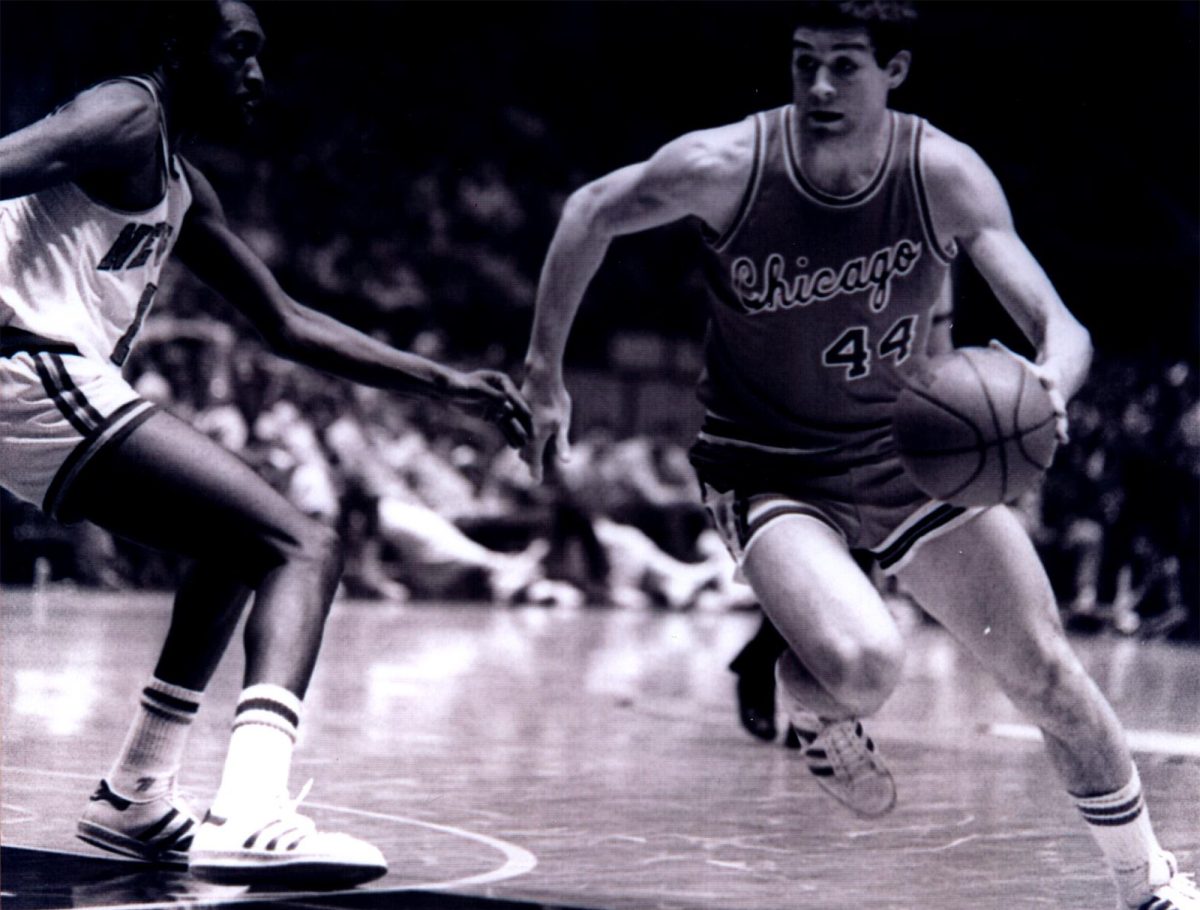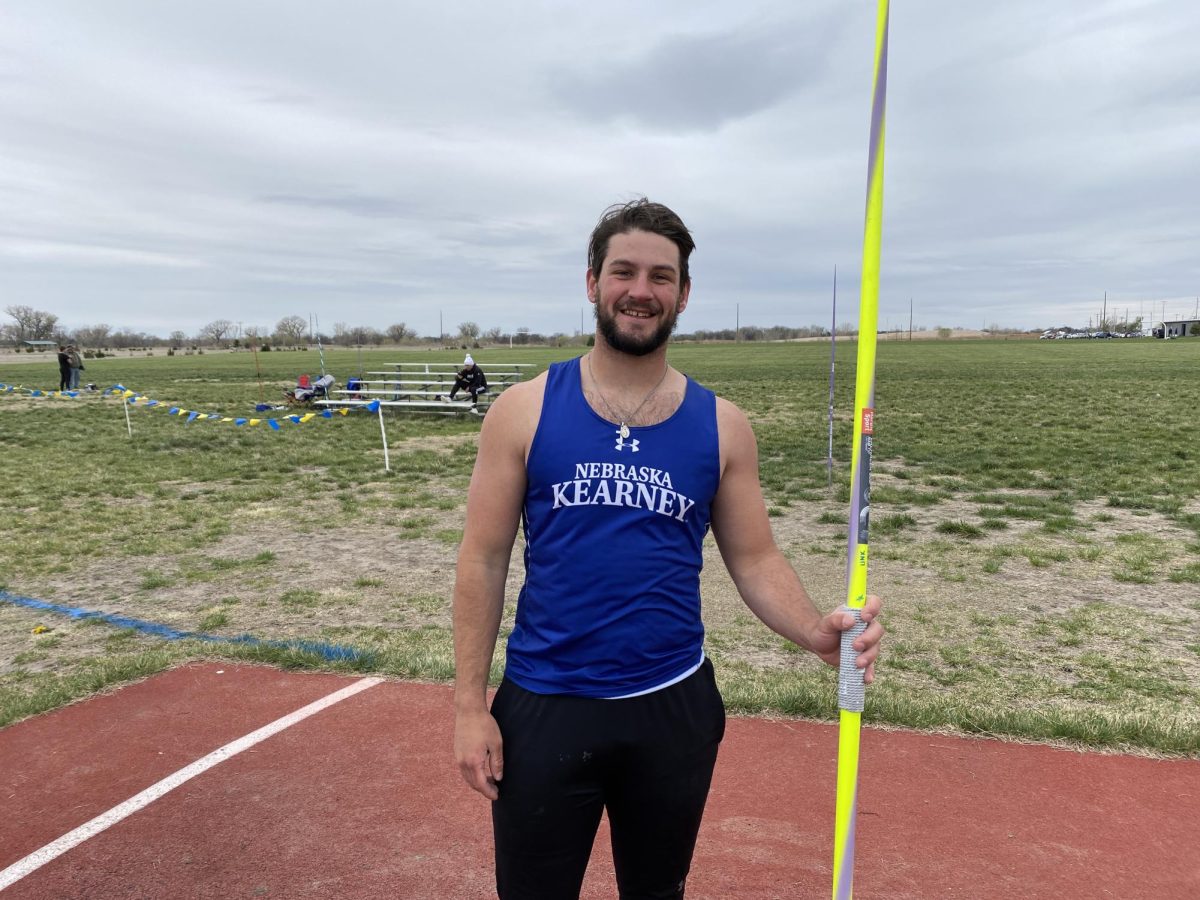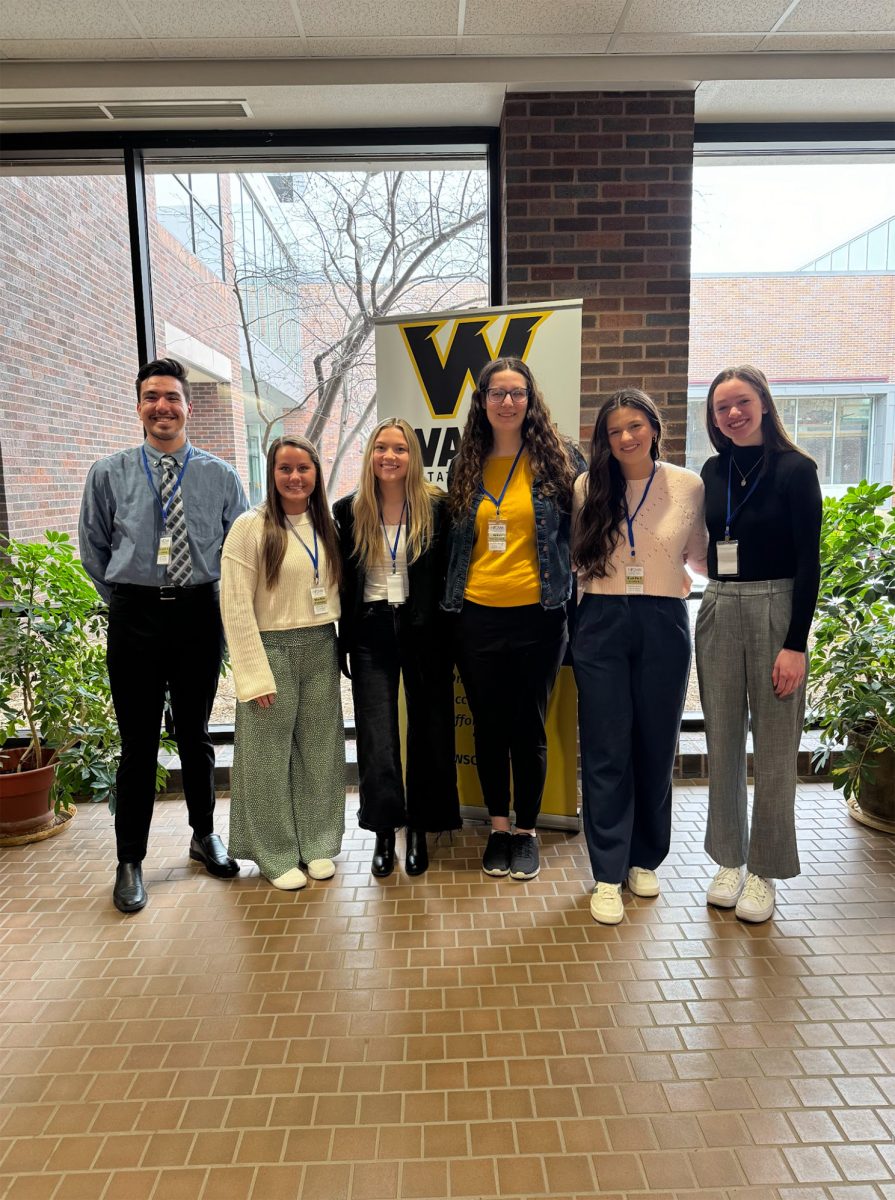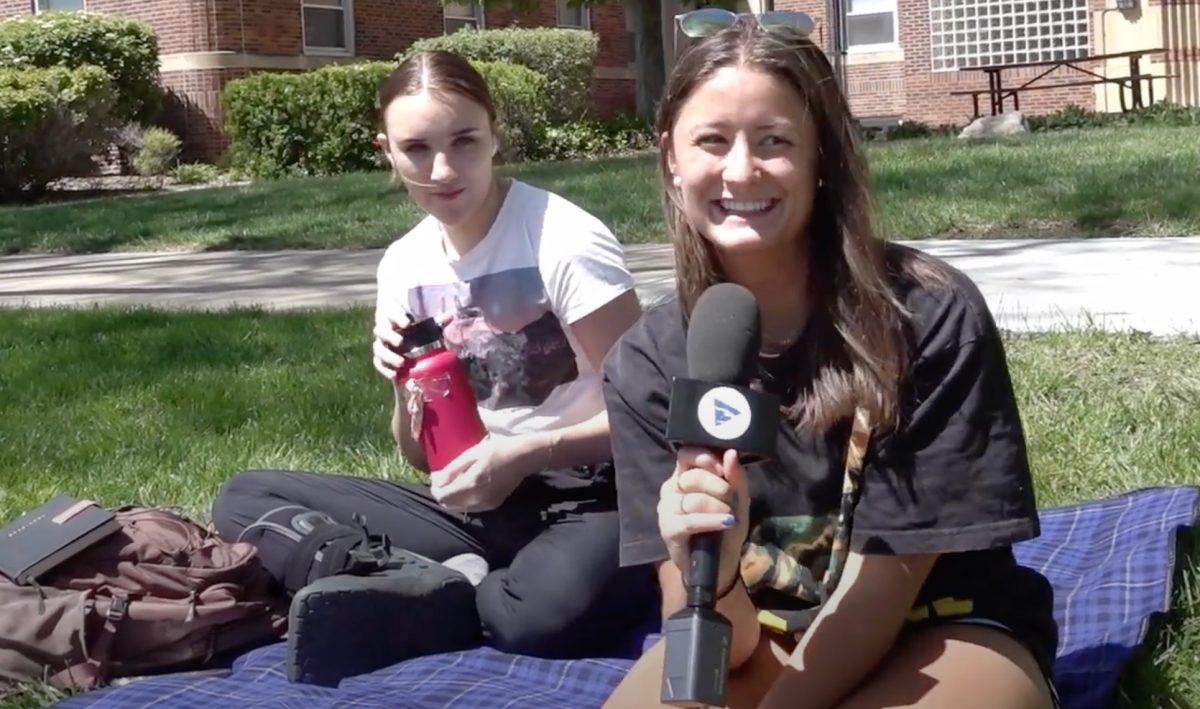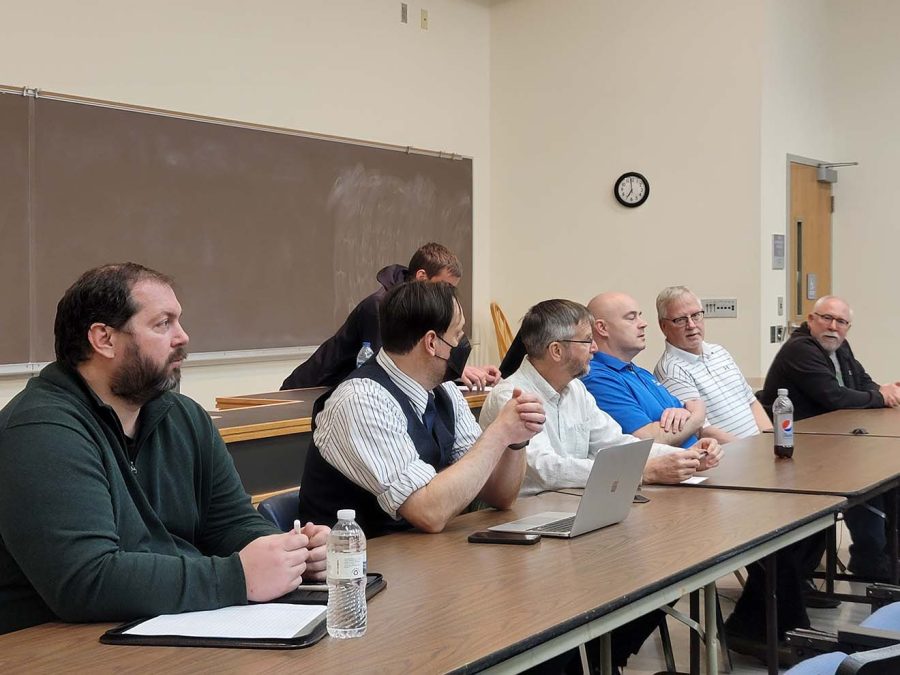liermanm2@lopers.unk.edu
Students and professors from the College of Arts and Sciences and the College of Education gathered in Copeland Hall last week for a Scholar Academy panel discussion on education. Discussion wheeled from the meaning of freedom to student motivation to the role of administrators in academics.
Students and professors are facing financial and cultural pressures that sometimes conflict with expectations in education.
“If you’re a working class student, you feel like you have to go to college where you can transcend the economic circumstances into which you were born,” said Jonathan Dettman, chair of the Department of Modern Languages. “You have to roll the dice and take on a whole bunch of debt unless you’re fortunate enough to get scholarships and so forth. You have to enter the casino and hope that you come out with a result.”
Professors from the COE suggested schools should strive to meet students where they are at whenever they can.
Not every student is going to be inwardly motivated by passion for a field.
“Part of the goal of administration is to make sure college students get what you need to address your why,” said Michael Teahon, chair of the educational administration program in the COE and a former superintendent. “You all have a why.”
Teahon said “there’s no shortage of opinions” on administration and that the balancing act of administration is a difficulty that depends on the specific situation a school faces.
Jonathan Drozda, a senior majoring in philosophy, facilitated the discussion for the Scholars Academy. He posed a question on the distinction between brainwashing and education.
“Hopefully, an education is with positive intent,” said Bryan Artman, a professor of education. “Yes, to an extent you are brainwashing them because you have to go along. But as the parent of a kindergartener, I can tell you: getting them to go along isn’t easy at all.”
Dettman “put on his administrator hat” in response.
“From my perspective, the function and administrator ministration is to prevent unmediated access to resources,” Dettman said. “We can’t give faculty, staff, — definitely not students — any kind of real decision making power. Because if you had that, you might change your mind about what a university is and what it does. And certainly, we want to prevent that at all costs.”
This followed an earlier discussion prompted by the first question on what it means to be a well rounded student.
“Education is definitely multidisciplinary, and part of the discipline is breaking out of your little narrow discipline, your specialty, and trying to develop this bigger picture,” said Frank Kovacs, a professor of biochemistry at UNK. ”A well rounded education probably starts with a basic foundation type course.”
Kovacs pointed to reading classes as the type of foundational skill necessary for further progress in academic and cultural understanding. Other professors touched on mathematics and logic as being essential in the era of instant access to information on smartphones.
The discussion concluded after two hours with an invitation to the next Scholar Academy event on April 21, which will feature a new panel of professors for a discussion on Art and Beauty. More information can be found at the Scholars Academy Facebook page.


